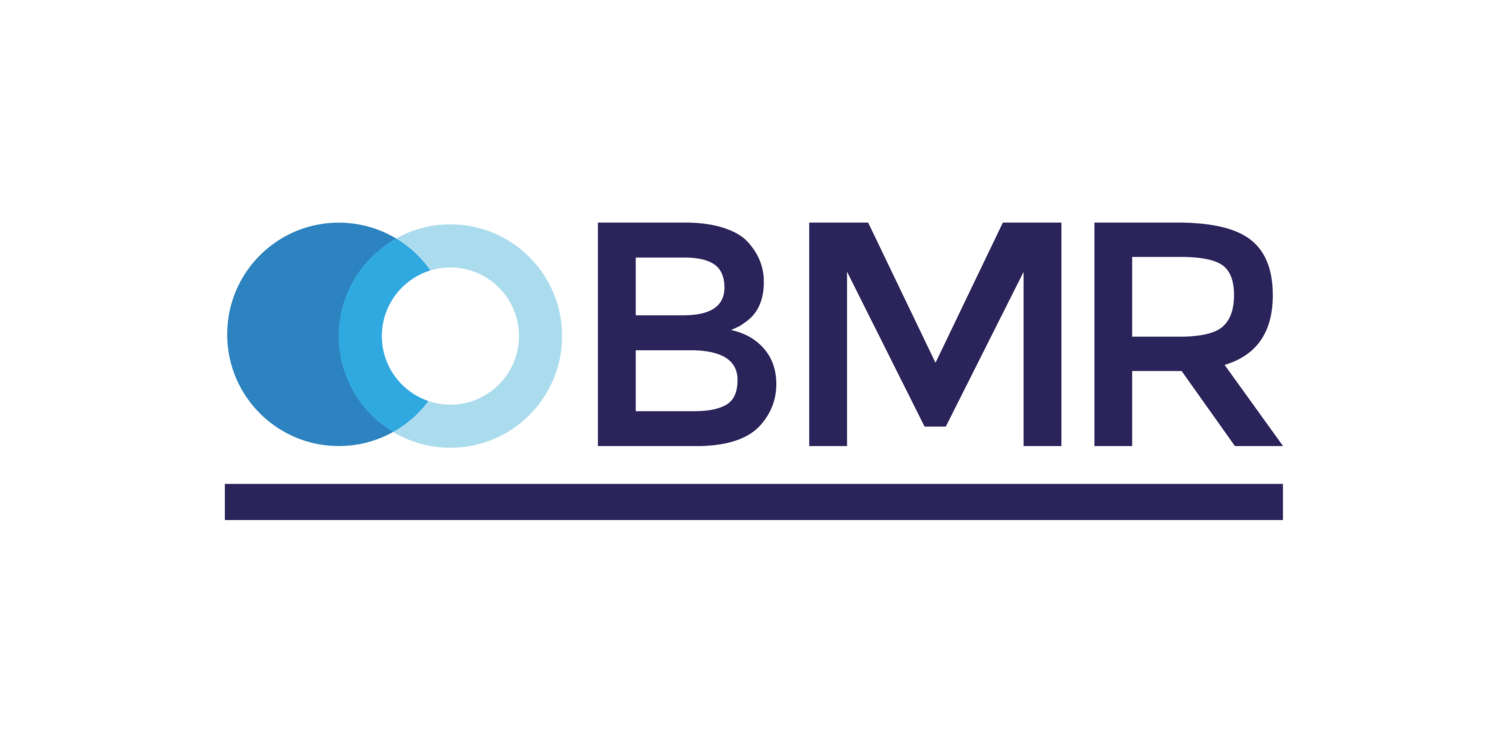Season 2 Episode 3: What Next for Workplace Wellbeing?
Recently the Guardian published an article which stated that, despite the money and time being spent by companies ($61.2bn since 2021 globally), wellbeing is still not landing as hoped.
In this podcast episode, Sheila & Jacqui, delve into psychological health, safety, and approaches to wellbeing in the workplace. The conversation also poses the questions “what next?” and “how do we take employee health and wellbeing into a new era?”
Key Topics Discussed:
1. Understanding Psychological Health and Safety: Sheila and Jackie provide a comprehensive overview of what constitutes psychological health and safety in the workplace, moving beyond traditional health promotion investments.
2. Role of Management in Employee Wellbeing: The discussion highlights the pivotal role managers play in fostering a healthy work environment and the potential risks of inadequate training or support for managerial roles.
3. Operationalising Well-being: Sheila emphasizes the need for a systematic approach to well-being and psychological risk management, rather than isolated efforts or initiatives.
4. Challenges in Implementing Psychological Health Strategies: The hosts discuss the common obstacles organisations face, such as budget constraints and disjointed efforts, and offer strategies to overcome these challenges.
5. Importance of Employee Engagement and Feedback: The conversation underscores the value of employee input in identifying and addressing workplace mental health issues.
6. Balancing Business and Employee Interests: They explore the misconception that focusing on employee well-being might be detrimental to business interests and argue for a balanced approach that benefits both.
7. The Role of Standards like ISO 45003: Jackie touches upon the ISO 45003 standard for psychological health and safety and its potential as a guiding framework for organisations.
Key Takeaways:
- A systematic and holistic approach is essential for effectively managing psychological health and safety in the workplace.
- The importance of management roles in supporting employee mental health and the need for proper training and resources.
- The significance of aligning employee well-being initiatives with overall business goals for mutual benefit.
- The value of employee feedback in shaping effective mental health strategies.
- The importance of operationalising well-being strategies to ensure their effective implementation and impact.
- There needs to be more done around the prevention and protection of employee wellbeing because of the foreseeable risks to health as a direct result of the work performed.

